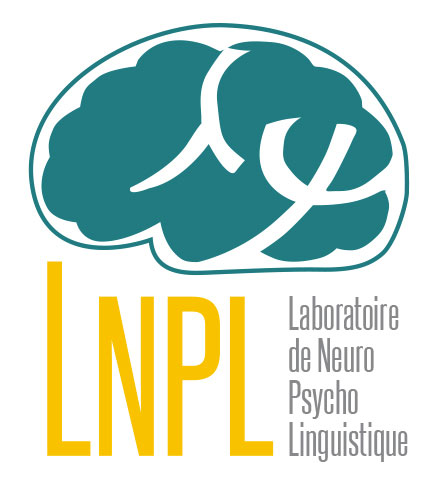-
Partager cette page

Coordonnées
- Adresse
- Maison de la recherche, Université Toulouse - Jean Jaurès 5 allées Antonio Machado 31058 TOULOUSE Cedex 9
- Bureau
- E114
- salma.trad@univ-tlse2.fr
Discipline(s)
Discipline(s) enseignée(s)
- Qu'est-ce que le langage ? (L1) 24h TD
- La sociolinguistique (L1) 24h CM
Au département des Etudes de Français Langue Etrangère (DEFLE) :
- Compréhension écrite 48h TD
- Expression écrite 48h TD
Au département des langues vivantes (UPN Bogotá)
- Littérature médiévale (L3) CM & TD 15h
- Compréhension orale (L1) TD 20h
Thèmes de recherche
- Acquisition/ Apprentissage/ Enseignement de la compréhension écrite
- Emotion & Cognition
- Traitement de texte
- Stratégies de lecture en L2
Informations complémentaires
Titre de la Thèse
Emotion's effects on L2 Reading Comprehension: The Delayed Effect of Internal and External Induction.
This theisis investigates the impact of positive and negative emotions on text comprehension as both a cognitive skill and an academic task in the context of French as a Foreign Language (FFL). More precisely, it explores to what extent, and in what manner, emotion can influence the cognitive processes involved in the processing, understanding, and retention of texts in a second language (L2).
To address this question, two experimental studies were conducted, each employing a distinct emotional induction method: one internal (the participant’s emotional state), and the other external (emotions elicited by the reading of emotionally charged stories), both alongside a neutral control group. A third study focuses specifically on the effect of emotional valence—positive or negative—on the memorization of texts.
This research is driven by several key objectives. First, it seeks to examine the interaction between the textual content and the reader’s emotional response—namely, how information is processed and integrated during reading. Second, it aims to determine which types of emotions, and in what ways, modulate the cognitive mechanisms underpinning comprehension, including visual attention deployment, allocation of cognitive-attentional resources, and reading strategies in L2. Third, the project adopts a comparative approach to identify under which mode of induction and under which conditions emotion most significantly affects comprehension—be it internal or external induction, sad or joyful text content, or sad or joyful emotional states.
Finally, the project includes a multimodal analysis of learners’ ocular, pupillary, and cardiac activity during a reading-comprehension task, in order to shed light on the real-time processing of L2 texts. The overarching aim is to contribute novel insights into the dynamic interplay between emotion and comprehension in second language learning.
Encadrement : Cecilia Gunnarsson-Largy

